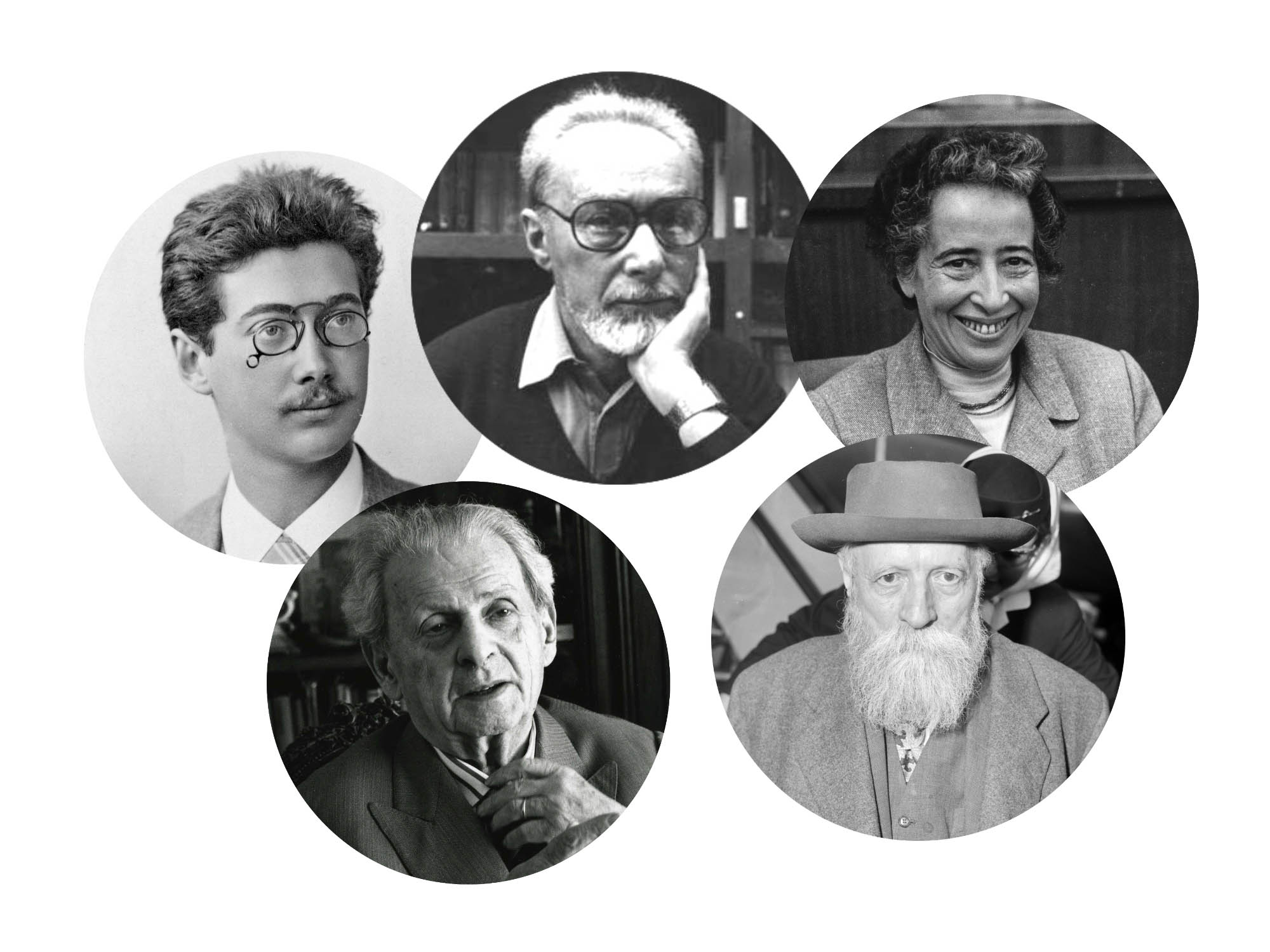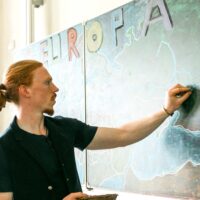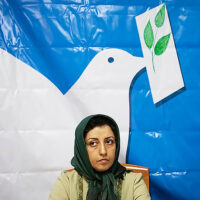Constanza Kaliks and Peter Selg, leaders of the General Anthroposophical Section, are exploring Jewish humanism by presenting portraits of significant figures.
“Many voices in the 20th century are concerned with humanism,” says Constanza Kaliks, co-leader of the General Anthroposophical Section at the Goetheanum. With the severe conflicts and challenges facing civilization today, Kaliks and her colleague Peter Selg see it as an existential task to call attention to the contributions of Jewish humanism.
In his contribution to the book Anthroposophie, Judentum, und Antisemitismus [Anthroposophy, Judaism, and Anti-Semitism], Peter Selg traces Rudolf Steiner’s relationship to Judaism, Zionism, and anti-Semitism.1 What emerges is a complex and nuanced perspective: great esteem for the cultural and scientific achievements of those connected with Jewish culture; a strong critique of national Zionism, which Rudolf Steiner considered outdated and dangerous, as he did all nation-states; and, in the 1880s, Steiner even used certain formulations that led to irritation among his Jewish friends. Peter Selg embeds these views in the context of the discourse of the time, showing how Rudolf Steiner continued to have an interest in the developments in Palestine, valued the work of Martin Buber, and was associated with Zionists such as Ernst Müller and Hugo Bergman.
Peter Selg and Constanza Kaliks highlight the contributions of Jewish philosophers of the twentieth century “to deepen our understanding of the present” and see in their ideas a kinship with anthroposophy. Kaliks says, “Jewish humanists offer perspectives that perceive the human being’s spirituality. Our humanity is founded on our turning to the other. This opens a dialogue with ourselves, with others, and with the world, which provides an expanded horizon of what can be known. Here, we can also find a possibility for a dialogue between Rudolf Steiner’s ideas for the development of universities and the philosophers of Jewish humanism.”
Peter Selg and Constanza Kaliks consider it important for our time that we further this dialogue between anthroposophy and Jewish humanism, which has so far been largely overlooked. They have already devoted themselves to the writings and lives of Martin Buber, Franz Rosenzweig, Primo Levi, Hans Jonas, Hannah Arendt, Simone Weil, Gustav Landauer, and Maria Krehbiel-Darmstädter. Programs on Emmanuel Levinas and Paul Celan are soon to follow. The series will continue in 2024–25 with Ernst Müller, Hugo Bergmann, Gershom Scholem, and Margarete Susman.
Translation Joshua Kelberman
Images clockwise from the left
Gustav Landauer in 1892, Photo: Oscar Suck/Wikimedia Commons CC SY 3.0
Primo Levi in 1983, Photo: Monozigote/Wikimedia Commons CC SY 4.0
Hannah Arendt in 1958. Photo: Barbara Niggl Radloff, Münchner Stadtmuseum.
Martin Buber in 1963, Photo: Bilsen, Joop van for Anefo/Wikimedia Commons CC SY 3.0
Emmanuel Levinas. Photo: Bracha L. Ettinger, CC BY-SA 2.5














It might be interesting to also explore Arab humanists.
Gratitude from Alice Stamm
We should not forget the work of Saul Bellow In particular his novel Humboldt’s gift is about an anthroposophist. That he, the character was bumbling and confused is a mark of our common humanity and probably a warning for all of us against the dangers of hubris.But it was also about the difficulties and hazards of bringing such a radically other world conception into near contemporary western society,”To mocking of modernity and the horrors it connotes.”
Saul Bellow brought the great tradition of European literature into the United States and indeed Canada.Anthroposophists would do well to reread that novel.
Will you be looking at any of Zygmunt Bauman’s work particularly Modernity and the Holocaust?